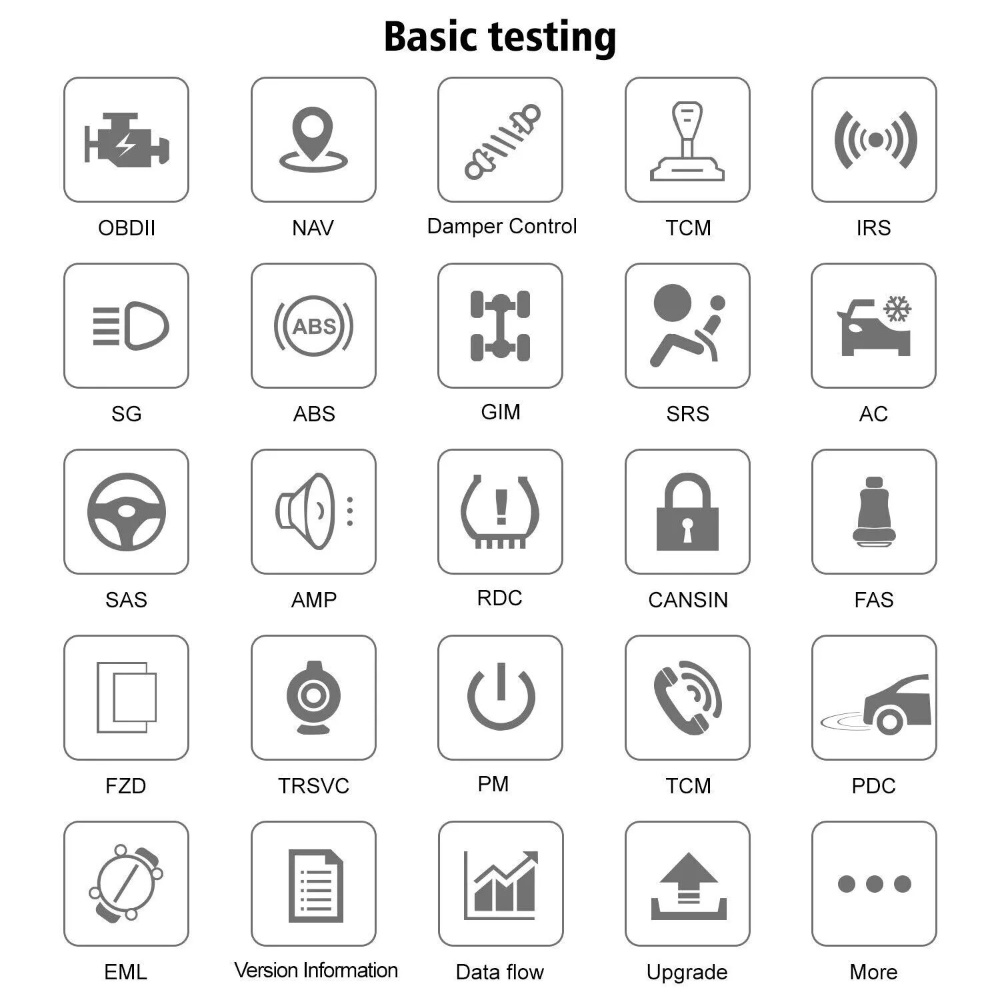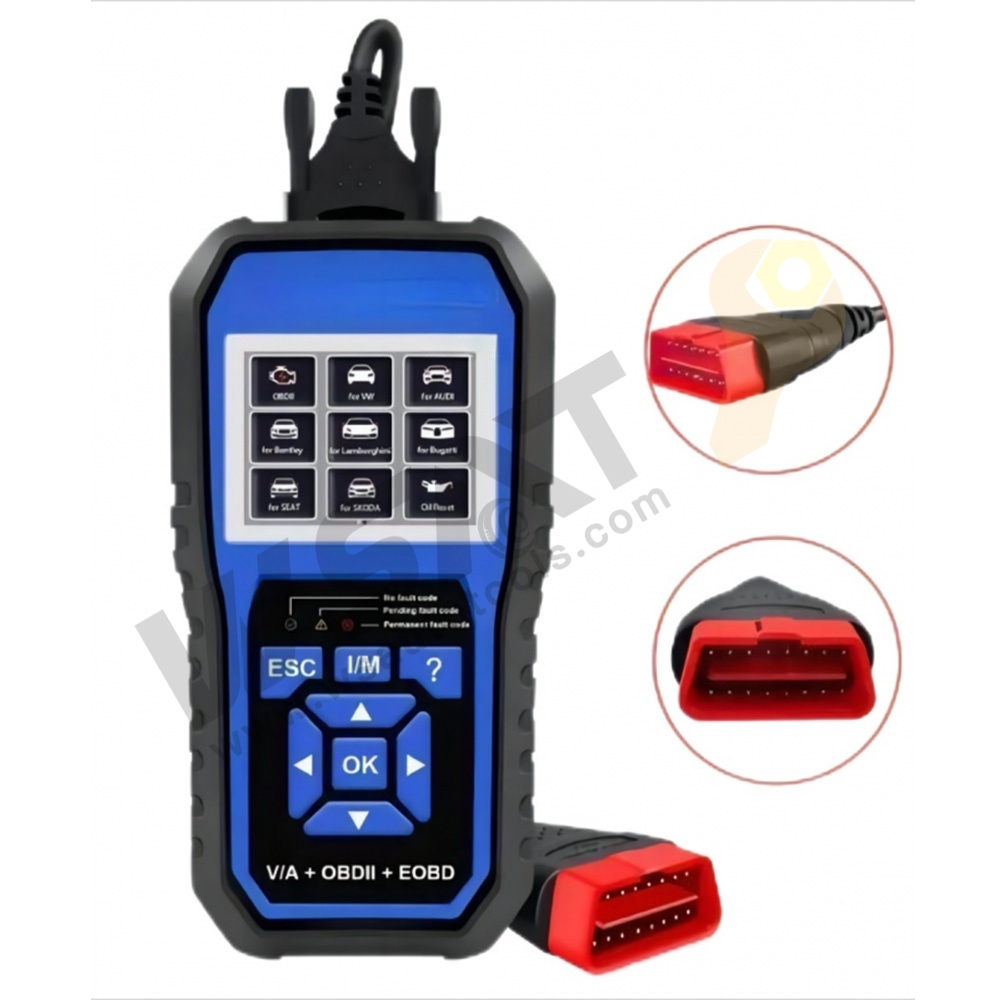Ever had your check engine light pop up and felt a wave of uncertainty, or worse, dread? You're not alone. Car diagnostics used to mean a trip to the shop and a bill you didn't expect. But, thanks to OBD2 scanners, things have changed. This little device can give you direct access to your car's brain, offering insights that used to be hidden behind a mechanic's paywall.
Why Do You Need an OBD2 Scanner?
OBD2 means On-Board Diagnostics II, a standardized system installed in most cars made after 1996. It monitors everything from engine performance to emissions and alerts you when something's off, usually via the check engine light.
OBD2 scanner is a tool (handheld or app-based) that plugs into vehicle's OBD2 port. It communicates with the car's computer system, reads diagnostic trouble codes (DTCs), and displays them in a way people can understand.
So why do car oweners need one?
You'll know what the check engine light means.
It can help you decide if a repair is urgent or not.
You'll save time and money by diagnosing simple issues yourself.
If buying a used car, you can scan it before handing over cash.
Generally speaking, it puts control back in your hands, even if you're not a mechanic.
What Can an OBD2 Scanner Tell You?

It can tell you more than just“something wrong.”Depending on the model, OBD2 scanners can reveal:
Diagnostic Trouble Codes (like P0420 or P0171) and their meanings
Real-time sensor data (oxygen levels, engine RPM, coolant temperature, etc.)
Emission system status
Readiness for state inspections
Vehicle Identification Number (VIN) and system monitoring data
Reset functions for the check engine light
Some advanced scanners even allow you to monitor live data while driving, so you can spot issues as they happen.
Types of OBD2 Scanners: Basic vs. Advanced
All OBD2 scanners plug into the same port, but what they offer can vary wildly.
Basic Scanners
Read and clear trouble codes
Show simple definitions
Great for beginners and occasional use
Advanced Scanners
Display live data from multiple systems
Offer ABS, SRS, and transmission diagnostics
Can reset oil, battery, and other system lights
Some include built-in repair suggestions or even Bluetooth connectivity for use with a smartphone app
If you're just getting started, a basic one is enough. But if you want full control over your vehicle diagnostics, or work on multiple cars, the advanced one will serve you better.
Do OBD2 Scanners Work with All Cars?
Mostly yes. Any car or light truck sold in the U.S. since 1996 is required to have an OBD2 system, meaning most scanners will work right out of the box. This includes both gas and diesel vehicles (though diesel compatibility may vary with certain scanners).
For drivers outside the U.S., compatibility generally depends on local regulations:
In the EU, petrol cars from 2001 and diesel cars from 2004 onward are usually OBD2 compliant.
In Asia, compliance varies more widely by country and manufacturer.
And please note that the scanner may not support hybrid or electric vehicles.
How Much Does an OBD2 Scanner Cost?
Prices can range from under $25 to over $500, depending on features:
Entry-level/Budget Models, $20–$50
Great for checking codes and clearing the check engine light.Mid-Range Models, $50–$150
Often include live data, freeze-frame info, and limited advanced diagnostics.Professional-Grade Scanners, $150–$500+
Support advanced system diagnostics (ABS, SRS, transmission), more vehicle brands, and software updates.
For casual car owners, spending $40–$80 will likely get everything you need. But for enthusiasts, mechanics, or those who maintain multiple vehicles, it's worth investing more.






